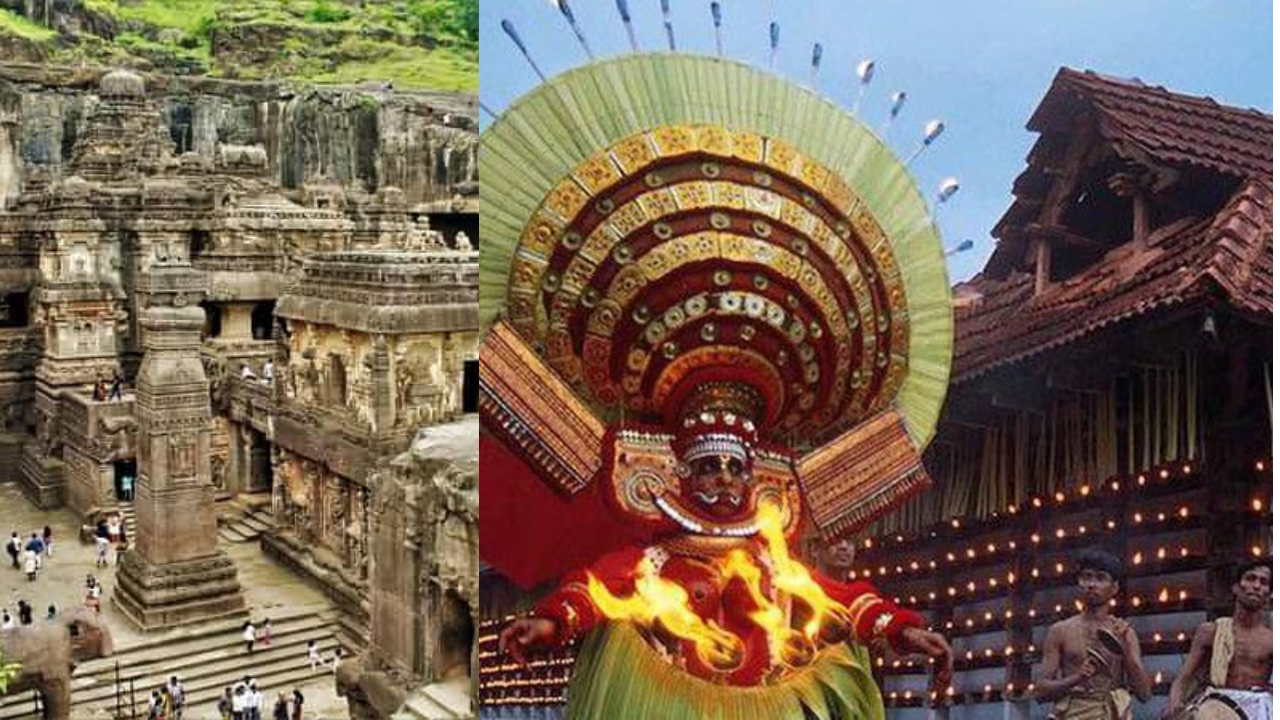The ancient wisdom of India is not the exclusive right of the people of only a single country to know, but ought to be shared across the world, as is taking place now.
Bharat i.e. India has a recorded history that goes back more than six thousand years. Those who took advantage of domestic disunity and complacency during the past millennium to occupy and colonize the country and its people sought to obliterate memory of that ancient history from the minds of the people. After World War I ended, it was clear that the era of European empires was nearing its final stages, something that became inevitable as a consequence of the blood and treasure lost by European colonizers. Once the Japanese navy attacked Pearl Harbour and war between Japan and the United States became inevitable, Mao Zedong realised that it was only a question of time before the Japanese were defeated. He therefore concentrated his attention on strengthening the People’s Liberation Army and weakening through desertions and defeats the KMT. At the same time, he saw to it that by anti-Japanese rhetoric and a few attacks on Japanese forces in China, the US began to supply assistance to Mao almost to the same level as they were doing to Chiang Kai-shek. Thus began in 1942 a saga that has not yet fully ended, in which the US became a significant support base of the CCP, a party that had sworn to bring the governance system if not that country itself down. At the same time, by pretending fealty to Stalin, Mao ensured that assistance from the Soviet Union to the CCP flowed copiously. By 1949, when the KMT was driven out of China to Taiwan, Mao had doubled the territory controlled by his country, annexing Xinjiang, Inner Mongolia, Manchuria and Tibet without any opposition from other countries, including India. In contrast, when in 1947 the Union Jack was finally replaced atop what was renamed Rashtrapati Bhavan, the successor state to the British Empire in India had lost much of its territory through the formation of countries independent of New Delhi, and by the horror of Partition. Whether it be the rejection rather than the acceptance of the offer by local chieftains of the accession of Gwadar or Nepal to India, or standing by as Badshah Khan, the Frontier Gandhi, saw his land overrun by the Pakistan military, or refusal to take China’s seat at the UNSC, those who took charge of Bharat i.e. India in practice (although not in words) had limited ambitions for the country they were now the rulers of.
At the same time, in their subliminal fear of a second partition, historical injustices that were too blatant to ignore were left to fester. Given that Mathura, Kashi and Ayodhya are the three holy sites of the Hindu community, restoring them to the phase they were in before the destruction wrought by Aurangzeb ought to have been a priority. Instead, even the restoration of Somnath was opposed, ultimately going ahead only on the insistence of President Rajendra Prasad. A comparison of per capita growth in India as compared to countries in Southeast and East Asia (minus the PRC until Deng took full charge in the 1980s) would show that the performance of India was not impressive when compared to these other countries, many of which had lower per capita incomes than our country in 1947. Narasimha Rao initiated reforms that stimulated development

